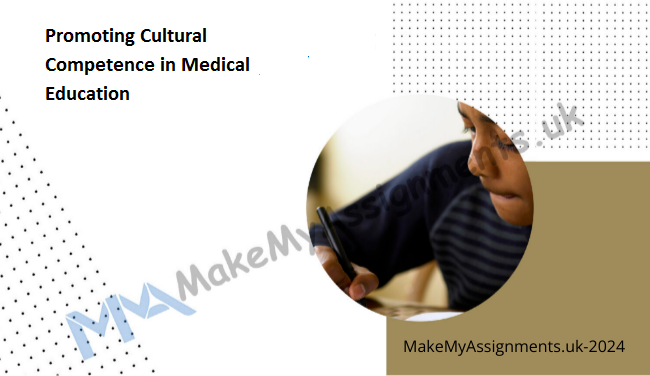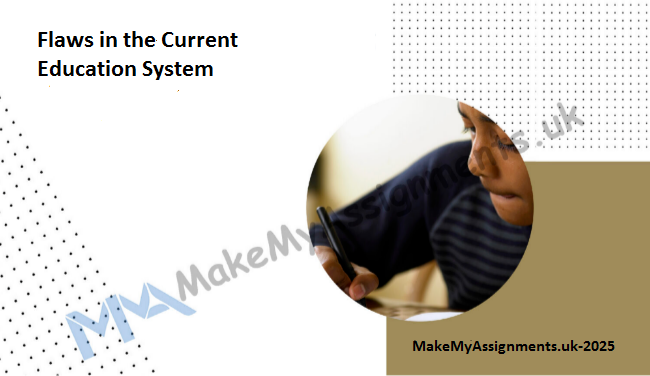Let’s be honest—studying for long hours is hard. With so many distractions around us (hello,…

Promoting Cultural Competence in Medical Education
In our increasingly diverse society, the importance of cultural competence in medical education cannot be overstated. Cultural competence refers to the ability of healthcare providers to effectively deliver care to patients from diverse backgrounds. This skill set encompasses an understanding of, and respect for, cultural differences, as well as the ability to communicate effectively across cultural boundaries. As the demographics of patient populations evolve, it is imperative that medical education adapts to prepare future healthcare providers to meet these challenges head-on.

Understanding Cultural Competence
Cultural competence involves several key components:
- Awareness: Recognizing one’s own cultural beliefs, biases, and prejudices.
- Knowledge: Understanding the cultural practices, beliefs, and needs of different patient groups.
- Skills: Developing the ability to communicate and interact effectively with individuals from diverse backgrounds.
- Attitudes: Cultivating an open-minded and respectful approach to cultural differences.
These elements are essential for building trust and rapport with patients, which are crucial for effective healthcare delivery.
The Importance of Cultural Competence in Healthcare
- Improved Patient Outcomes: Cultural competence can lead to better patient adherence to medical advice and treatment plans, which in turn improves health outcomes.
- Reduced Health Disparities: By understanding and addressing the unique needs of diverse patient populations, healthcare providers can help reduce health disparities.
- Enhanced Patient Satisfaction: Patients who feel understood and respected are more likely to be satisfied with their care.
- Effective Communication: Clear communication is vital in healthcare. Cultural competence helps ensure that healthcare providers can convey information in a way that is comprehensible and respectful to patients from different backgrounds.
Strategies for Promoting Cultural Competence in Medical Education
- Incorporating Cultural Competence into the Curriculum:
- Courses and Workshops: Medical schools should integrate courses and workshops that focus on cultural competence. These should cover topics such as cultural awareness, health disparities, and communication skills.
- Case Studies and Simulations: Using case studies and simulations that involve diverse patient scenarios can provide practical experience in navigating cultural differences.
- Experiential Learning:
- Clinical Rotations in Diverse Settings: Allowing students to complete clinical rotations in diverse communities exposes them to a wide range of cultural practices and healthcare needs.
- Community Engagement: Encouraging students to engage with community organizations can provide deeper insights into the cultural contexts of their patients.
- Interdisciplinary Collaboration:
- Interprofessional Education: Collaborative training with other healthcare disciplines can enhance cultural competence by providing different perspectives and approaches to patient care.
- Cultural Competence Teams: Forming teams focused on cultural competence within healthcare institutions can promote ongoing education and improvement.
- Mentorship and Role Models:
- Diverse Faculty and Mentors: Having a diverse faculty and mentorship programs can provide role models for students and help them understand the importance of cultural competence.
- Peer Learning: Encouraging peer-to-peer learning and discussion on cultural issues can foster a more inclusive learning environment.
- Evaluation and Feedback:
- Assessing Cultural Competence: Regular assessments and feedback on cultural competence skills can help students and professionals identify areas for improvement.
- Patient Feedback: Incorporating patient feedback into evaluations can provide valuable insights into how well cultural competence is being practiced.
The Path Forward
Promoting cultural competence in medical education is not a one-time effort but a continuous process of learning and adaptation. It requires commitment from educational institutions, healthcare providers, and policymakers to create an environment that values and nurtures cultural competence. As our society continues to diversify, the healthcare system must evolve to ensure that all patients receive compassionate, competent, and culturally sensitive care.
As the demand for culturally competent healthcare professionals rises, students must seek resources and support to excel in this critical area. MakeMyAssignments.uk is dedicated to helping students achieve academic excellence and professional readiness, particularly in developing cultural competence. Here’s how MakeMyAssignments.uk can be instrumental in this journey:
Comprehensive Assignment Assistance
- Customized Research and Writing:
- Cultural Competence Topics: Our team of experts can help you research and write assignments on various aspects of cultural competence, including case studies, theoretical frameworks, and practical applications in healthcare settings.
- Tailored Content: We ensure that the content is customized to meet the specific requirements of your coursework, providing in-depth analysis and relevant examples.
- Editing and Proofreading:
- Clarity and Precision: Our editing services ensure that your assignments are clear, precise, and free from errors, enhancing the overall quality and coherence of your work.
- Feedback Incorporation: We help incorporate feedback from your professors to refine your assignments, making them more robust and well-argued.
Enhancing Learning and Understanding
- Study Guides and Resources:
- Educational Materials: MakeMyAssignments.uk provides study guides, articles, and resources on cultural competence to help deepen your understanding of the subject.
- Access to Case Studies: Gain access to a variety of case studies that illustrate real-world applications of cultural competence in healthcare, helping you relate theoretical knowledge to practical scenarios.
- Interactive Learning Tools:
- Quizzes and Assessments: Our interactive tools, including quizzes and assessments, can help you test your knowledge and understanding of cultural competence concepts, reinforcing your learning.
- Discussion Forums: Engage with other students and experts in discussion forums to exchange ideas, ask questions, and gain diverse perspectives on cultural competence.
Practical Skill Development
- Simulation and Scenario-Based Assignments:
- Realistic Simulations: We can help design simulation-based assignments that mimic real-life healthcare scenarios involving diverse patient populations, allowing you to practice and develop your cultural competence skills.
- Role-Playing Exercises: Our assignments can include role-playing exercises where you can enact different patient-provider interactions, improving your communication and empathy skills.
- Experiential Learning Projects:
- Community Engagement Projects: We assist in creating assignments that involve engaging with local communities, providing firsthand experience in dealing with cultural diversity.
- Field Research Support: If your assignment involves field research, our experts can guide you through the process, ensuring ethical considerations and cultural sensitivities are addressed.




This Post Has 0 Comments